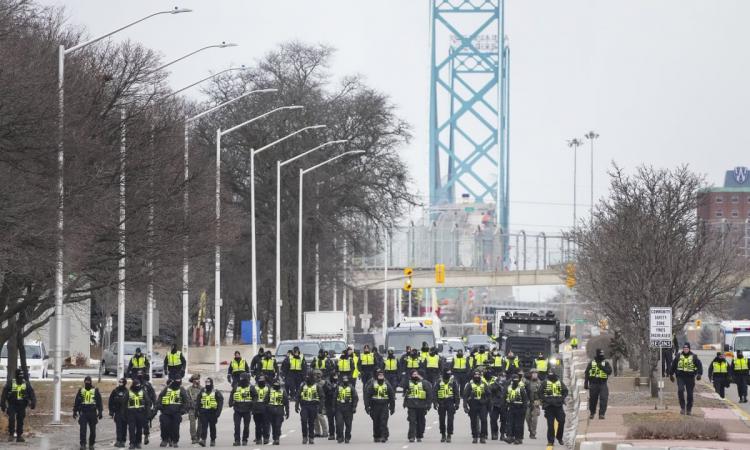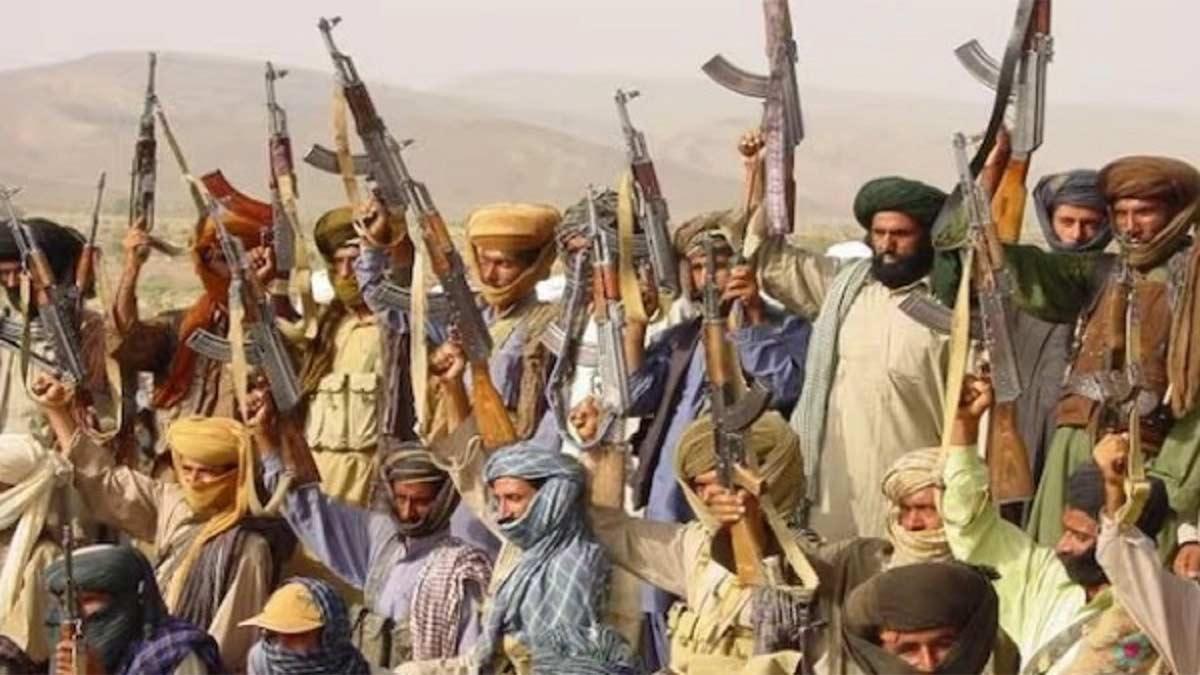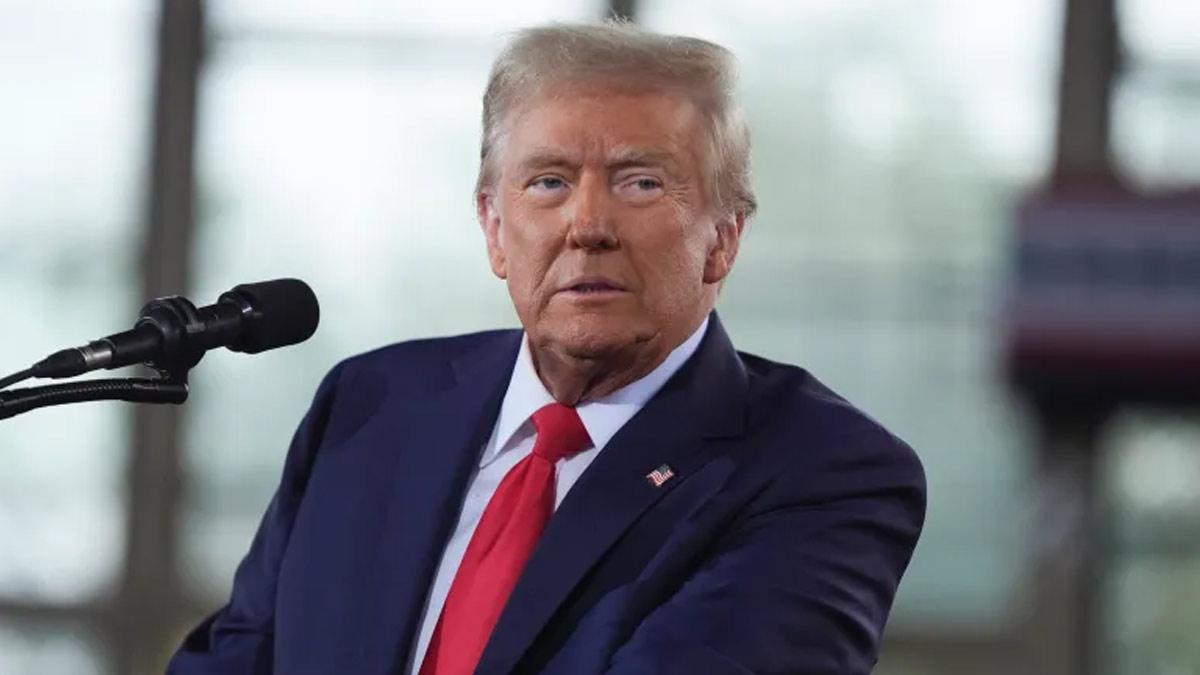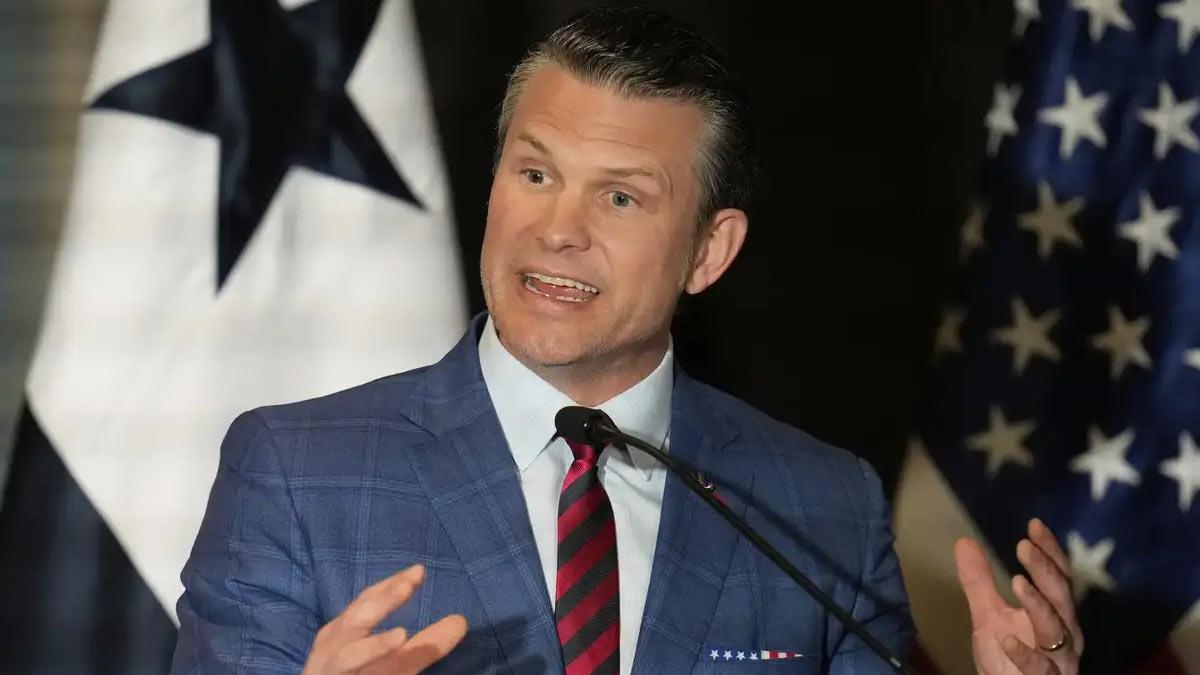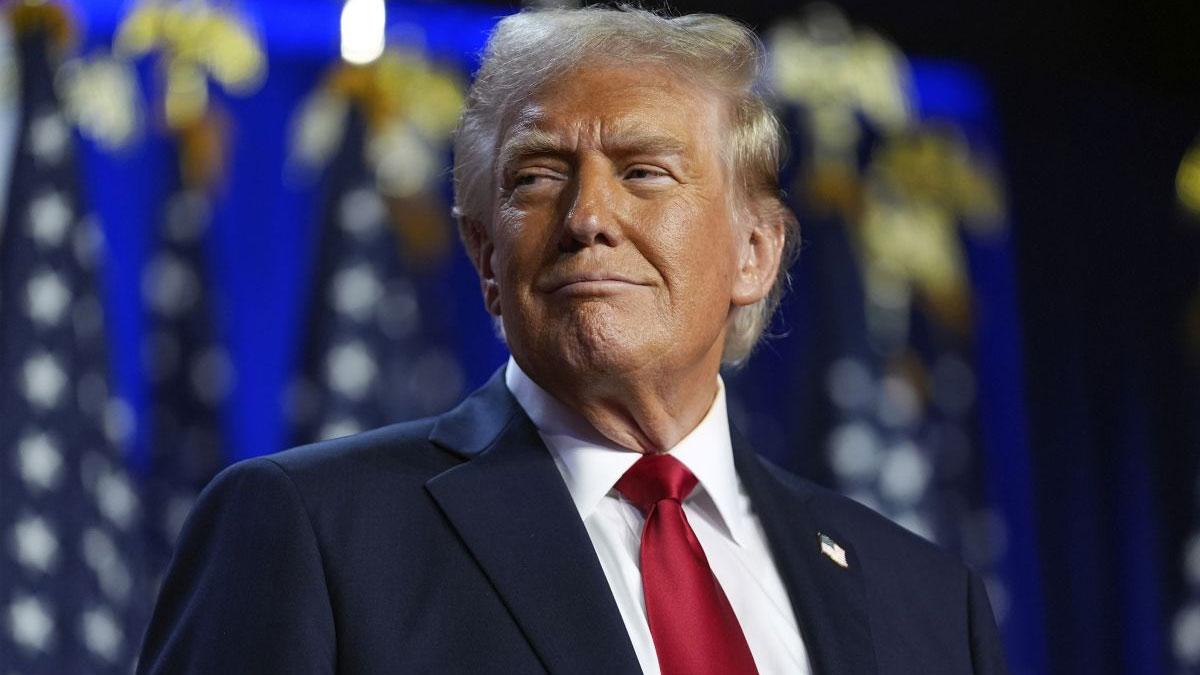Canadian police have made progress towards reopening the Ambassador Bridge, a key Canada-.S trade border crossing, while truckers in capital Ottawa could agree to limit their protests around Parliament Hill away from residential areas.
The blockade of the bridge connecting the Canadian city of Windsor and the US city of Detroit is likely to end after protesters were cleared out on Sunday, with 25-30 arrests made, said Windsor Police.
In a press conference on Sunday, Police Chief Pamela Mizuno said the focus of the police is to reopen the bridge and restore traffic flow in a "safe and sustainable" way, reports Xinhua news agency.
Mizuno said that there would be criminal consequences for those who interfere with or interrupt traffic flow in the area by the bridge.
"Today, our national economic crisis at the Ambassador Bridge came to an end. Border crossings will reopen when it is safe to do so, and I defer to police and border agencies to make that determination," Winsor Mayor Drew Dilkens said in a statement on Sunday morning.
Meanwhile, the protesters continued to rally for the third weekend in a row in downtown Ottawa, a city located in the province of Ontario.
Local media reported that Ottawa Mayor Jim Watson sent a letter to Tamara Lich, one of the convoy organisers, requesting protesters to leave residential areas before noon on Monday.
The convoy organisers have agreed to the request through "backchannel negotiations", with Lich saying there is a plan to "consolidate our protest efforts around Parliament Hill", the reports said.
Also Read | Chinese, not SpaceX rocket, set to crash into Moon on March 4
"We will be working hard over the next 24 hours to get buy in from the truckers. We hope to start repositioning our trucks on Monday," the reports quoted Lich as saying.
Watson said that should the convoy members live up to their commitments, the agreement would provide "our most impacted residents with a much-needed break from the noise and exhaust fumes, as well as improve the sense of safety and security of our residents".
Ottawa Police announced on the evening of February 12 the establishment of an enhanced, Integrated Command Centre in response to a significant influx of demonstrators into the Ottawa area and an escalation of the current occupation.
In an interview with CTV on Sunday, Canadian Minister of Emergency Preparedness Bill Blair said the federal government is prepared to invoke the Emergencies Act to end the trucker convoy protests and blockades.
Blair said the government is working with the provinces, particularly Ontario, to ensure the government has exhausted all options, given the ongoing crisis in the nation's capital.
In late January, thousands of Canadian truckers and their supporters descended on Ottawa to oppose the government's vaccine requirement for truckers crossing the border into the United States, which has the same policy.
Meanwhile, other protesters opposing Covid-19 restrictions joined the truckers in Ottawa, blocking access to the Ambassador Bridge for nearly a week.
On February 11, Prime Minister Justin Trudeau said the protesters need to understand "it's time to go home".
"Everything" is on the table to bring the protests to an end, though the rarely-taken prospect of calling in the Canadian Armed Forces remains "a long way" off as there are more steps law enforcement could take if it decides to, Trudeau said.
Also on February 11, Ontario declared a state of emergency to quell convoy protests.
It is now illegal and punishable to block and impede the movement of goods, people and services along critical infrastructure, including international border crossings, major highways, airports, ports, bridges and railways.
Police have been cautiously pushing back protesters away from the entrance of the Ambassador Bridge since February 12.

